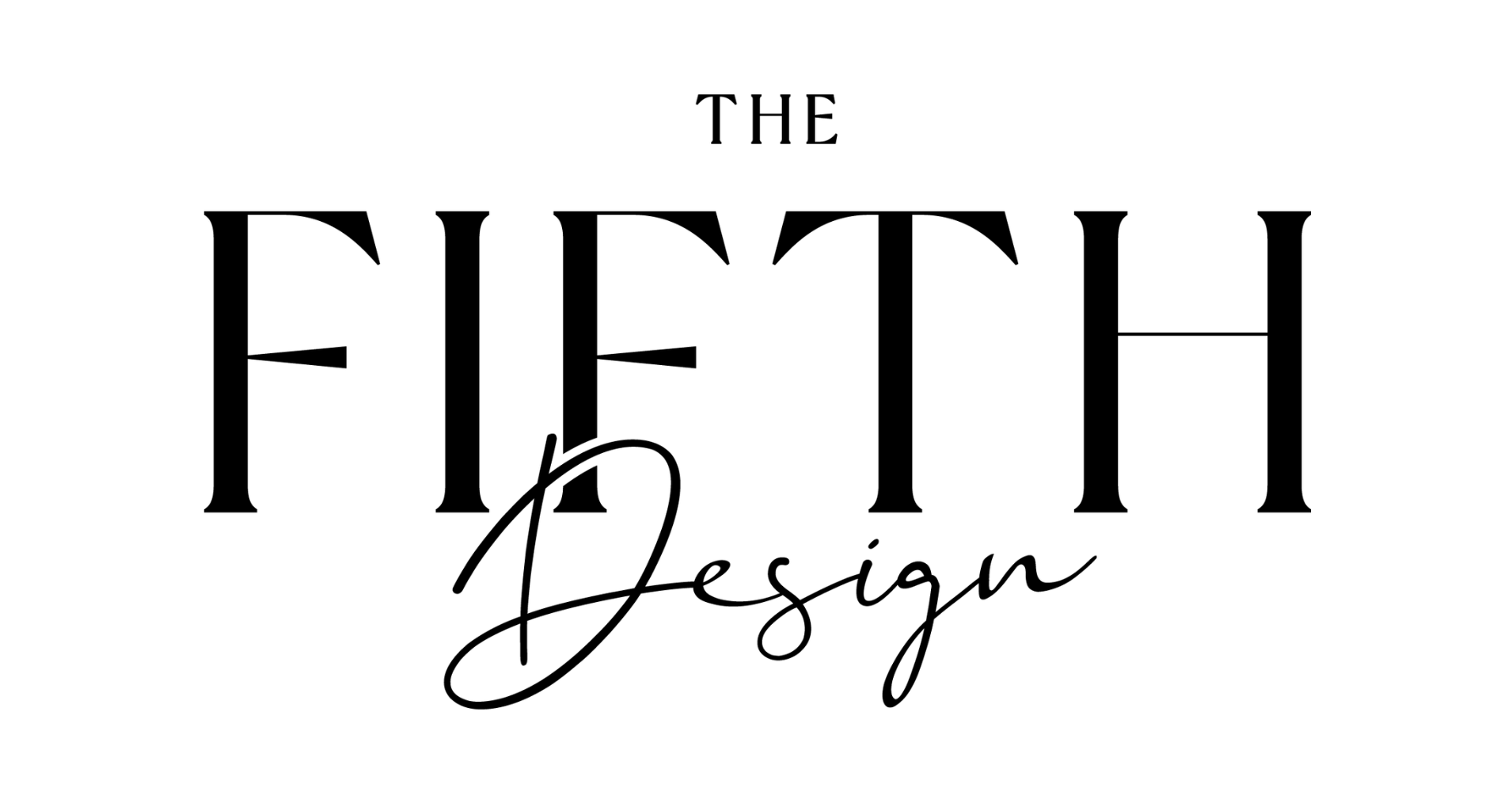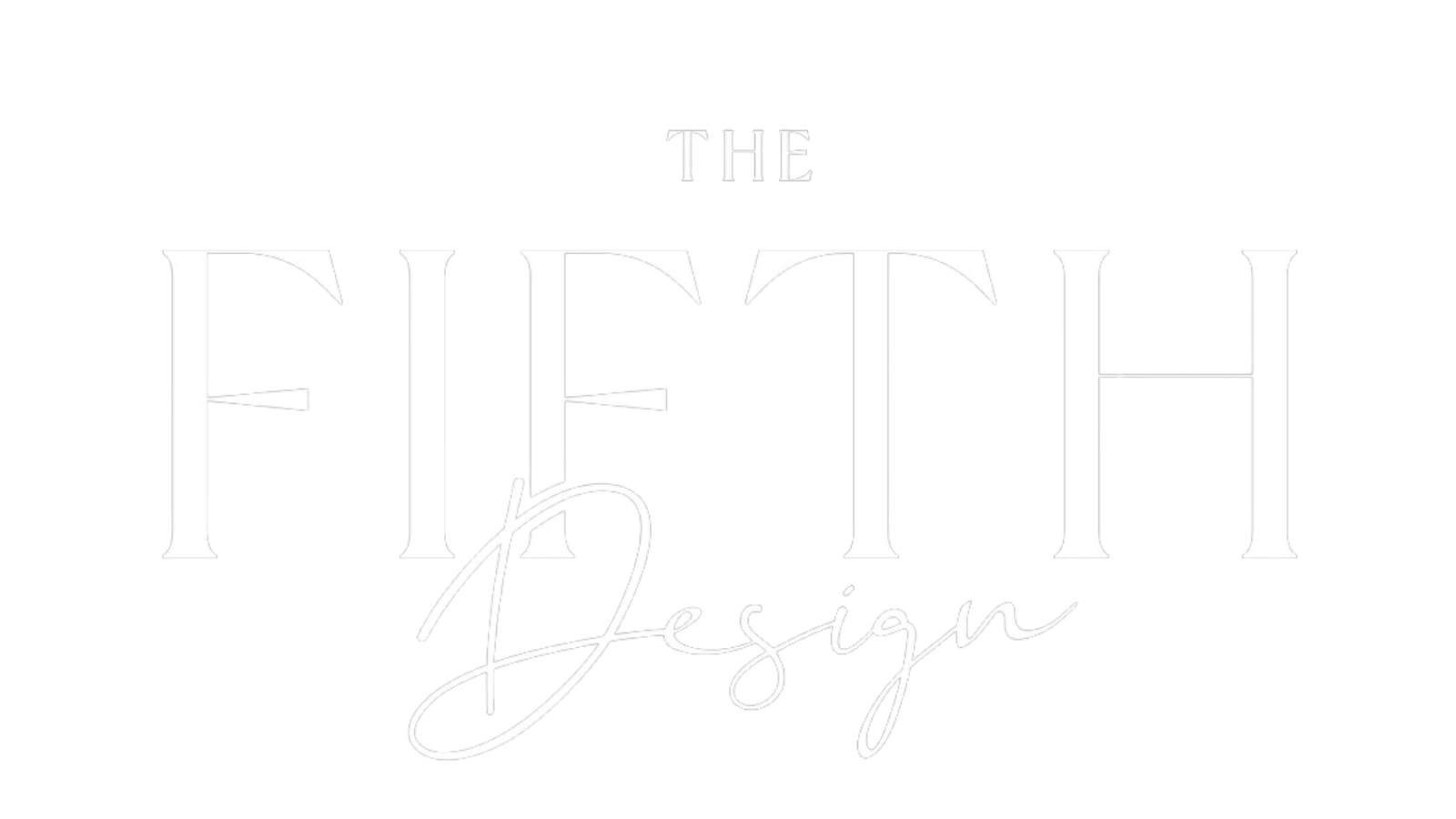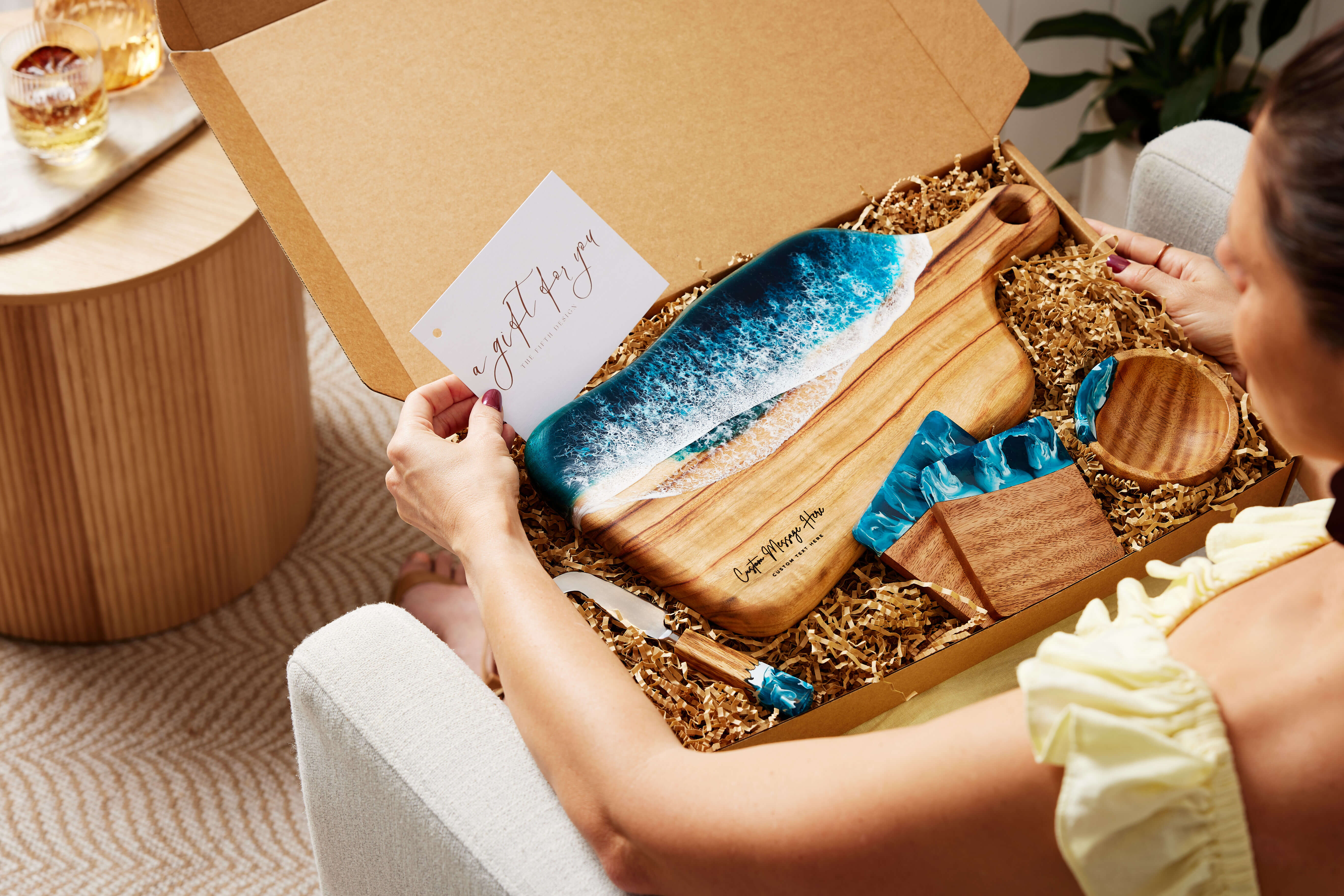What makes a gift truly unforgettable? The answer lies not in the price tag, but in understanding how our minds process meaningful experiences.
The Gift That Changed Everything
We've all received that one gift that stopped us in our tracks. Maybe it was handmade by someone who spent hours crafting it just for you. Perhaps it was something small but perfectly timed, or engraved with words that felt like they were pulled straight from your heart.
Then there are the other gifts - the ones that felt expensive but empty, impressive but impersonal. They might have cost more, but somehow they're gathering dust while that handmade treasure sits proudly on display.
There's actual science behind why this happens. And understanding it will transform how you approach gift-giving forever.
The Peak-End Rule: Why the Last Moment Matters Most
Psychologist Daniel Kahneman discovered something fascinating about how we remember experiences. We don't actually remember the entire experience - we remember the peak moment and how it ended. This is called the "peak-end rule."
This video perfectly demonstrates the peak-end rule in action - watch how the reveal creates that peak moment of delight.
In gift-giving, this means:
- The moment of unwrapping is your "peak" opportunity
- How the gift makes them feel in that final moment shapes their entire memory
- A $20 gift with a perfect peak-end experience beats a $200 gift without one
This is why handcrafted gifts often outperform expensive purchases. The recipient can feel the time, thought, and care that went into creating something just for them. That emotional peak is irreplaceable.
The Handmade Effect: Why Our Brains Value Effort Over Perfection
Research from Harvard Business School reveals something called the "handmade effect" - our brains assign higher value to items when we know a human made them, even if they're less "perfect" than machine-made alternatives.
Why this happens:
- We unconsciously calculate the effort invested
- Handmade items feel unique rather than mass-produced
- Small imperfections signal authenticity
- We sense the maker's intention and care
This explains why a hand-carved wooden spoon often means more than an expensive kitchen gadget, or why a handwritten note outshines a printed card.
Personalisation Psychology: Creating Ownership Before They Own It
When something is personalised for us, our brains experience what psychologists call "psychological ownership" - we feel connected to it before we even possess it.
Notice how personalisation transforms a beautiful object into something that feels like it was always meant to be theirs.
This happens because:
- Our name or story becomes part of the object's identity
- The gift reflects how the giver sees us
- Personalisation suggests this couldn't be for anyone else
- It creates a unique connection between giver, receiver, and object
The Emotional Arousal Theory: Why Stories Make Gifts Stick
Gifts with stories create stronger memories because they trigger emotional arousal - and emotional memories stick. When someone tells you about the timber that came from a specific tree, or the inspiration behind a design, your brain pays attention differently.
The story elements that create lasting impact:
- Origin stories: Where did this come from?
- Creation stories: How was this made?
- Connection stories: Why did this make me think of you?
- Future stories: How will this be part of your life?
The Three Pillars of Memorable Gift-Giving
Based on this psychology, memorable gifts share three key characteristics:
1. Intentionality Over Expense
The recipient needs to feel that thought went into this choice. A $15 book by their favourite author, discovered after noticing their bookshelf, often outperforms a generic $150 gift card.
2. Personal Connection Over Perfect Aesthetics
Something that reflects their personality, your relationship, or a shared memory will always triumph over something that's simply beautiful but impersonal.
3. Story Over Stuff
The narrative around the gift - why you chose it, how it was made, what it represents - becomes part of the gift itself.
Putting Gift Psychology Into Practice
Before your next gift-giving occasion, ask yourself:
- What story does this gift tell about our relationship?
- Will this create a peak moment of genuine surprise or delight?
- Does this reflect something unique about them or us?
- Can they feel the intention and effort behind this choice?
Remember: the goal isn't to impress, it's to connect. The most memorable gifts aren't the most expensive ones - they're the ones where the recipient thinks, "They really get me."
The Deeper Truth About Meaningful Gifts
At its core, memorable gift-giving isn't about the object at all. It's about using that object to communicate something that's hard to say with words: "I see you. I value you. Our relationship matters to me."
When you understand this psychology, you stop looking for the "perfect gift" and start looking for the perfect way to express what someone means to you. That's when ordinary objects become extraordinary keepsakes.
What's the most memorable gift you've ever received? What made it stick in your memory? Share your story with us - we'd love to hear how psychology played out in your own gift-giving experiences.
Looking to put this psychology into practice? Explore our collection of handcrafted, personalised pieces designed to create those unforgettable peak moments. Each piece comes with its own story - from the sustainably sourced Australian timber to the unique resin pour that ensures no two pieces are identical.



Aktie:
The Art of Sustainable Entertaining: Creating Meaningful Moments with Handcrafted Pieces
Beyond the Generic: Why Handcrafted Corporate Gifts Actually Matter